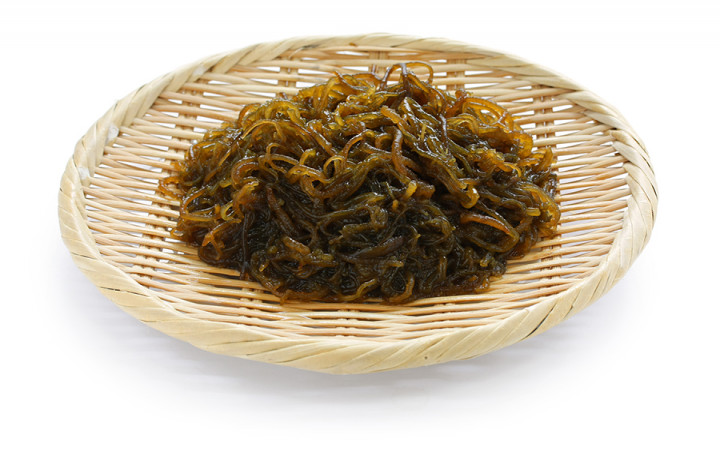Are you a picky eater? If so, do you ever pick out any treats from lakes, rivers, streams, or oceans? When it comes to seafood, there's an awesome variety to choose from.
Would you like a delicious bass? How about a tuna sandwich? Perhaps something more exotic, such as eel, swordfish, or shark? Or maybe you don't want to eat something meaty, like a fish.
If vegetables are more to your liking, then some healthy, tasty seaweed might be more to your liking. "Eww! Seaweed!" We can hear the moans and groans already.
Yes, seaweed might not seem very appetizing to some of you, but there are millions of people around the world who consider it a delicacy. Would you be willing to give it a try?
There's one particular type of seaweed grown off the coast of a small island near Japan that has become quite famous. It's called mozuku, and some people believe it's the closest we may get to a fountain of youth.
Known scientifically as Cladosiphon okamuranus, mozuku has become a staple in the diets of the people of Okinawa, the small island where 99% of the world's supply is grown. It's also popular throughout Japan and many other areas of the world.
Sold in supermarkets and served in seafood restaurants, mozuku is usually eaten as a side dish with vinegar added to give it a sharper taste. In addition to a variety of vitamins and minerals, mozuku is famous for containing large amounts of fucoidan.
Fucoidan is a sulfated polysaccharide molecule that has been found to suppress tumors in laboratory tests. It also has anti-coagulant properties. Scientists continue to test ways in which mozuku might be used to fight cancer.
Some scientists believe eating mozuku can improve health and help to fight off cancer and other diseases, which could increase how long you live. The data appears to support their views, since people from Okinawa tend to have the longest human life expectancy of any people on Earth.
Unfortunately, mozuku production has decreased in recent years. Scientists believe higher water temperatures around Okinawa are to blame.
Researchers from the Marine Genomics Unit of the Okinawa Institute of Science and Technology Graduate University have decoded the DNA of a specific strain of mozuku. In doing so, they hope to be able to genetically engineer a new variety of mozuku that can withstand higher water temperatures.




